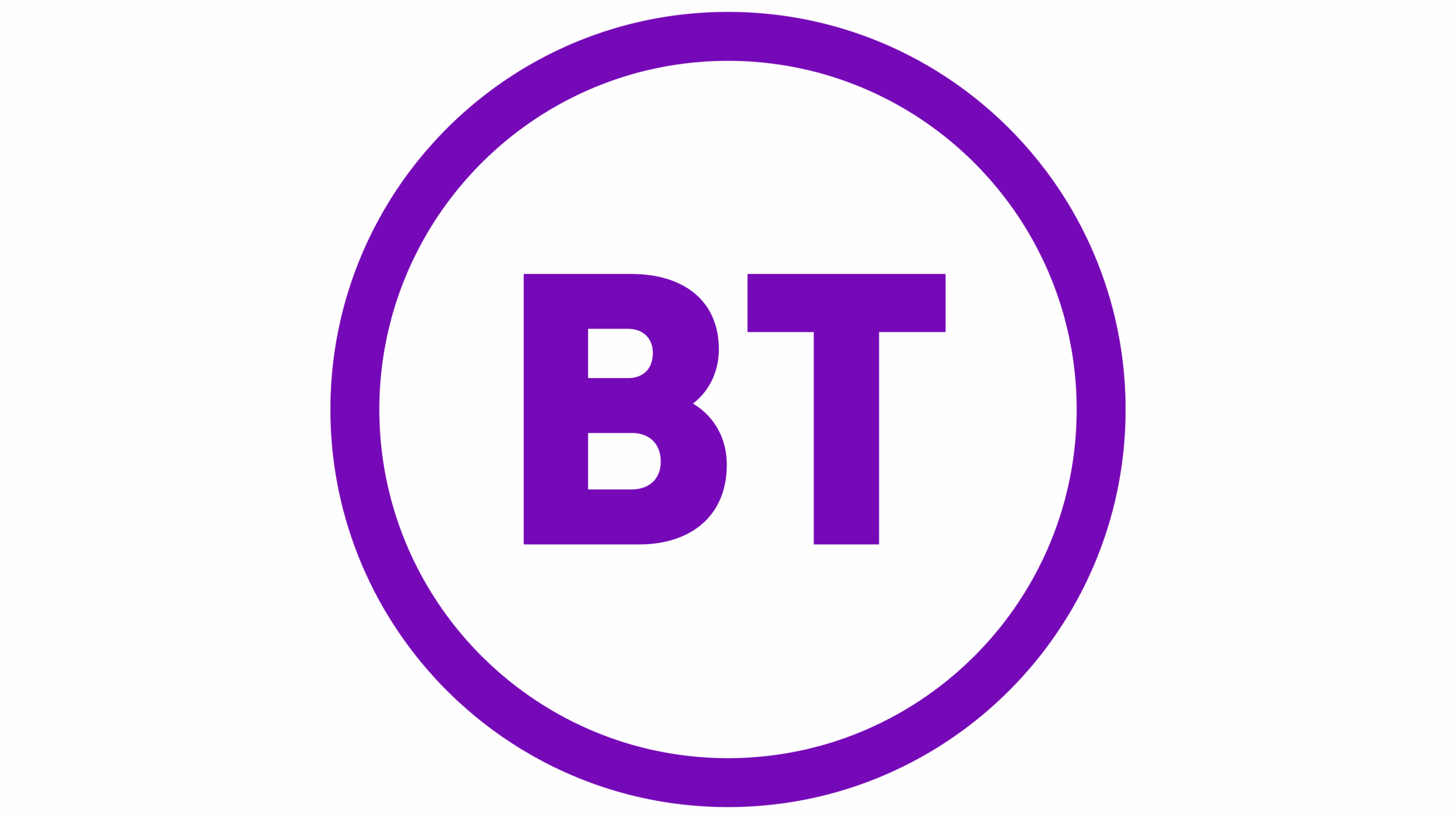Table of Contents
What Are Business Acronyms?
In the dynamic landscape of business, acronyms have become ubiquitous, serving as shortcuts for complex terms, processes, and concepts. Despite their convenience, the widespread use of acronyms can pose significant challenges from a branding and marketing perspective.
Let’s explore why the overuse of acronyms in business can hinder organisations’ efforts to achieve brand standout and effectively communicate key messaging to their target audience, drawing insights from iconic British brands.
The Pitfalls Of Brand Acronyms
1. Dilution Of Brand Identity

Industry Example: BBC (British Broadcasting Corporation)
The BBC, or British Broadcasting Corporation, is one of the world’s most renowned media organisations. However, the abbreviation “BBC” has become synonymous with the brand, overshadowing its full name and diluting its distinct identity. While the acronym is recognisable, it may fail to convey the rich heritage and diverse offerings of the British Broadcasting Corporation, impacting its brand standout in the competitive media landscape.
2. Barrier To Clear Communication

Industry Example: NHS (National Health Service)
The NHS, or National Health Service, is the cornerstone of healthcare provision in the United Kingdom. Despite its critical role, the overuse of acronyms within the NHS can create barriers to clear communication with patients and the public. Complex acronyms like “GP” (General Practitioner) or “A&E” (Accident & Emergency) may confuse or alienate individuals unfamiliar with healthcare terminology, hindering the effectiveness of NHS messaging.
3. Risk Of Misinterpretation

Industry Example: HSBC (Hongkong and Shanghai Banking Corporation)
HSBC, or Hongkong and Shanghai Banking Corporation, is a global banking and financial services institution with a presence in over 60 countries. However, the abbreviation “HSBC” may be misinterpreted or misunderstood by customers and stakeholders outside the banking industry. Without clear context or explanation, the acronym may fail to convey HSBC’s international reach and diverse portfolio of services, leading to misinterpretation or skepticism.
4. Impediment To Brand Standout

Industry Example: BT (British Telecommunications plc)
BT, or British Telecommunications plc, is a leading telecommunications company in the United Kingdom. However, the use of the acronym “BT” as a brand name may hinder the company’s efforts to stand out in the competitive telecom market. While the abbreviation is recognisable, it lacks the distinctiveness and memorability of the full company name, potentially diluting BT’s brand identity and market positioning.
Moving Beyond Acronyms: Building a Stronger Brand
While acronyms may offer convenience in business communication, their overuse can undermine organisations’ efforts to achieve brand standout and effectively communicate key messaging. Drawing insights from iconic British brands such as the BBC, NHS, HSBC, and BT, we can see how the reliance on acronyms can dilute brand identity, create barriers to communication, increase the risk of misinterpretation, and impede brand standout.
By prioritising clarity, consistency, and creativity in language usage, organisations can cultivate strong, memorable brands that resonate with their target audience and differentiate themselves in the marketplace.
